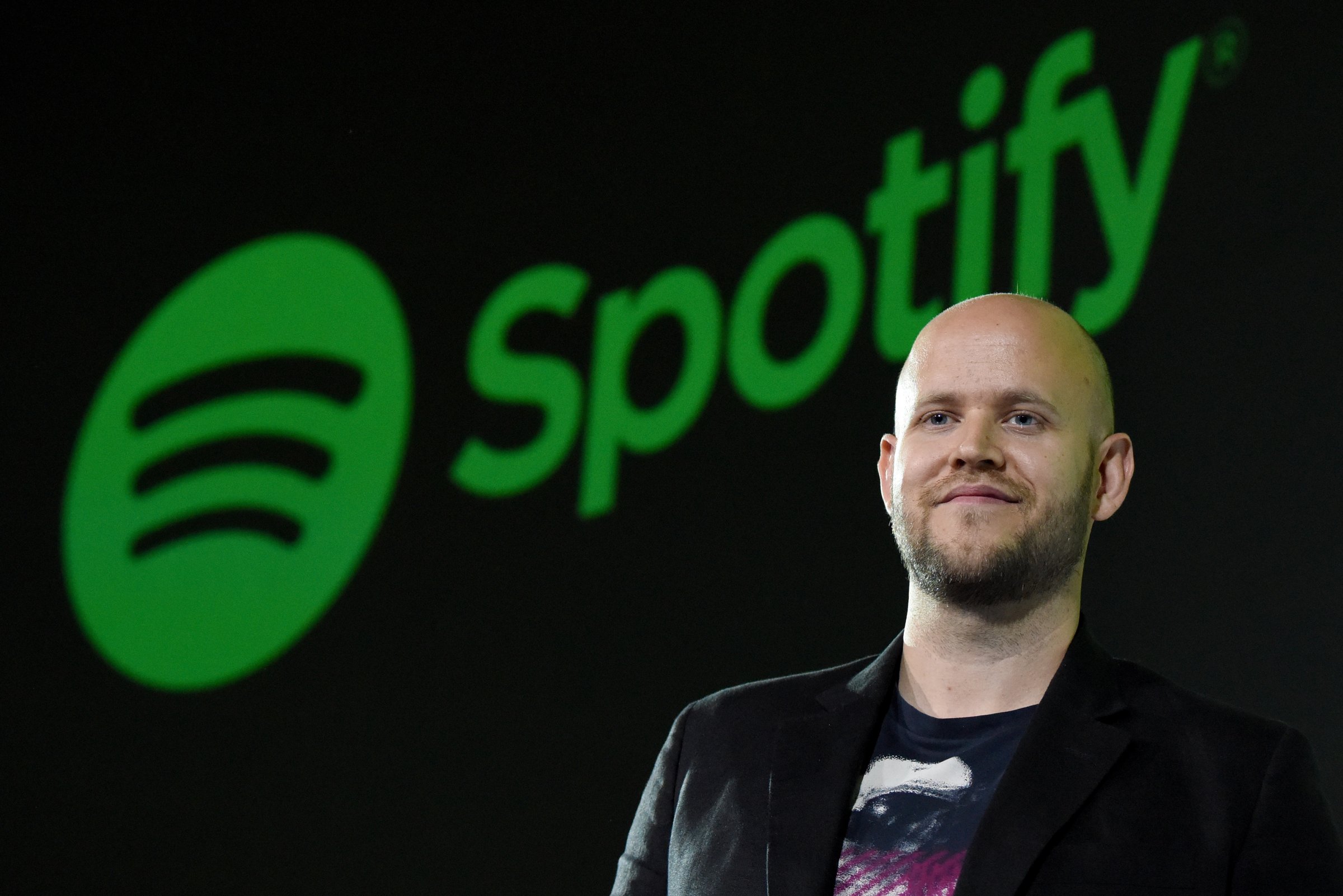
Consolidation is accelerating in the streaming music business, and the latest whisper is that Spotify is in negotiations with SoundCloud about a potential acquisition. It’s not clear whether a deal will ever come to pass, but there are some compelling reasons why it makes sense for both.
To take the most obvious part first, SoundCloud needs help—and soon. The company’s growth has more or less stalled, and there are no signs that it is going to be able to compete in a marketplace in which massive scale is becoming more important than it has ever been.
Put simply, streaming music is a terrible business by almost every objective metric. Rdio went bankrupt, Deezer had to put off its IPO, Pandora is probably going to be acquired, and Spotify is losing hundreds of millions of dollars a year. The only one making money from music is the record industry.
In that kind of environment, SoundCloud needs to find a major partner quickly, and Spotify is arguably a good one. It has more than $1 billion in cash available to spend, which it got via a debt issue because it has had to postpone its IPO due to market conditions.
That means SoundCloud might get something approaching the $700-million valuation it had based on its last round of financing, a round that included an investment from Twitter , which reportedly put in $70-million.
From Spotify’s point of view, meanwhile, acquiring SoundCloud brings a lot of potential benefits. For one thing, it would diversify the company’s content base in the sense that SoundCloud focuses much more on original content than Spotify and other streaming services.
A big part of SoundCloud’s initial success—and its popularity with up-and-coming musicians—was that it didn’t try to copy the big music services. Instead, it pitched itself as a crowdsourcing platform, a way for anyone with a song or a podcast or anything else in audio format to reach a new audience.
Like every other streaming service, Spotify pays huge sums of money to the record industry for access to the hits. Close to 80% of the company’s revenue goes out the door in the form of licensing payments, many of which are made regardless of how often a specific song is played.
SoundCloud’s content, by contrast, is largely owned by its creators, and therefore the costs are dramatically lower. Investing in that business would bring Spotify’s overall cost base down, which might help its financial state as it tries to prepare for an IPO, which is expected next year.
Bringing the SoundCloud audience in house might also help Spotify increase the potential audience for its existing subscription and free ad-based services.
Longer term, the acquisition of SoundCloud might even provide a base for Spotify to create its own digital record label of sorts, by bringing new artists in at the ground level and by-passing the record industry completely. That may be one of the only ways it can compete with giants like Apple Music.
This article originally appeared on Fortune.com
More Must-Reads from TIME
- Why Biden Dropped Out
- Ukraine’s Plan to Survive Trump
- The Rise of a New Kind of Parenting Guru
- The Chaos and Commotion of the RNC in Photos
- Why We All Have a Stake in Twisters’ Success
- 8 Eating Habits That Actually Improve Your Sleep
- Welcome to the Noah Lyles Olympics
- Get Our Paris Olympics Newsletter in Your Inbox
Contact us at letters@time.com